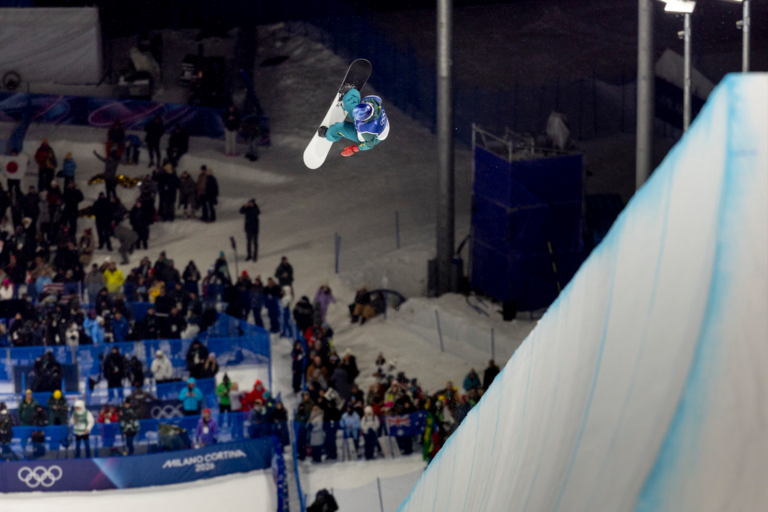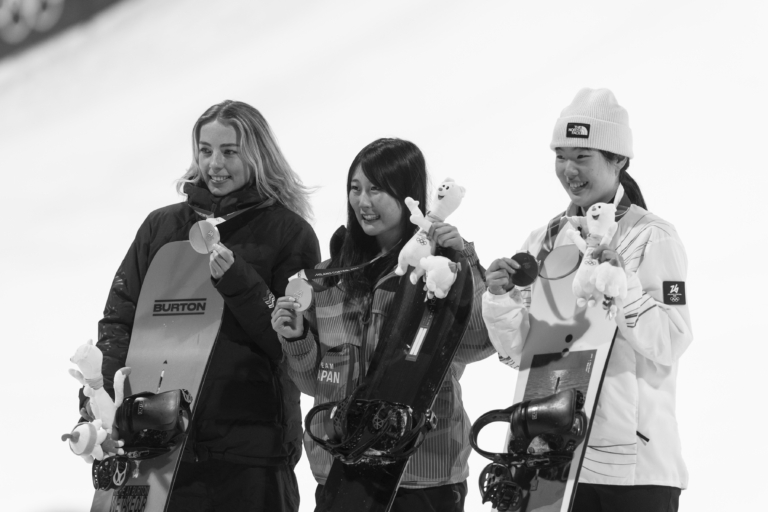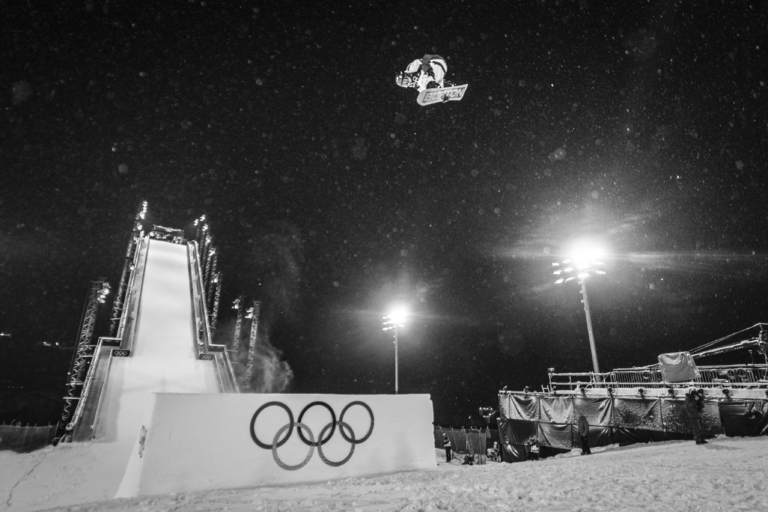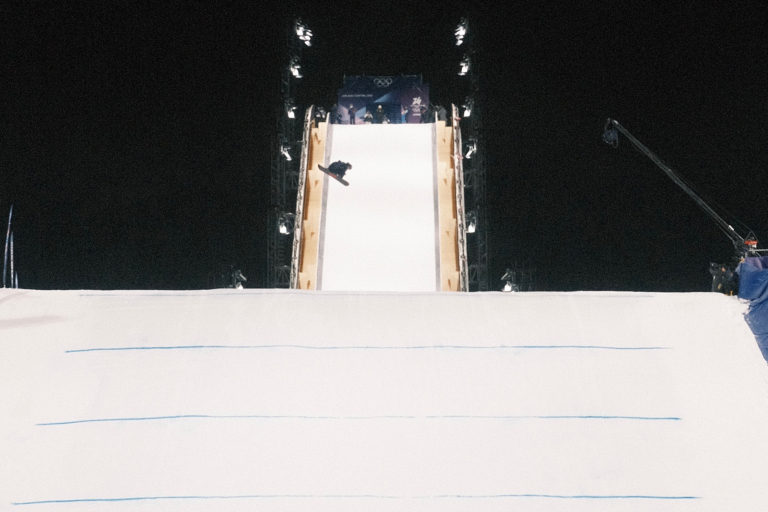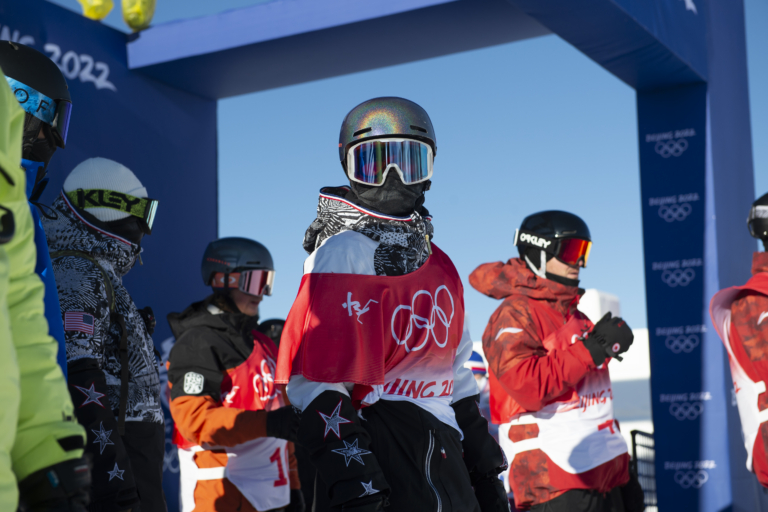Ski pioneer and sportsman, Alexander C. Cushing, who brought the 1960 Winter Olympics to Squaw Valley, died from pneumonia on August 19 at his summer home, Newport Rhode Island. He was 92. Cushing, the founder of Squaw Valley, was known as an innovator in the development of the ski industry in America. He was born November 28, 1913 in New York City to Howard Gardiner and Ethel Cochrane Cushing of Boston. He attended Groton School, Harvard University, 1936 and Harvard Law School, 1939. He practiced law for the New York firm of Davis, Polk and Wardwell and also for the U.S. Dept. of Justice, where he argued a case before the Supreme Court. The day after Pearl Harbor he enlisted in the U.S. Navy and was a member of the first officer training class at Quonset. He served in South America and the Pacific for five years retiring as a Lieutenant Commander. After the war he rejoined Davis, Polk, and Wardwell, but became restless. It was on a ski trip to the West with his friend Alexander McFadden when he first set eyes on Squaw Valley, CA. This transforming experience led him to found the Squaw Valley Ski Corporation. At that time, there was no road, no bridge, and no houses. His father and sister were artists. Choosing the mountains as his canvas, he claimed Squaw Valley was his work of art. Cushing opened the ski area in 1949 with a double chairlift, a rope tow and a fifty room lodge. Today, Squaw Valley is among the world’s best known ski resorts.As Squaw Valley’s chairman, Cushing’s spirit was tested more than once. The resort’s chairlift, Squaw One, was destroyed by avalanche each year for its first three years. The fourth year of operations there was a devastating flood, and during the fifth year, the lodge burned down. For many, these setbacks would have signaled the time to sell out; instead, he surprised millions by securing Squaw Valley as the site for the 1960 VIII Olympic Winter Games, beating out internationally regarded resorts such as Innsbruck, Austria, St. Moritz, Switzerland and Garmisch-Partenkirchen, Germany. Cushing’s campaign succeeded through the power of an idea—conjuring the Olympic ideals of simplicity with a focus on athleticism and diversity. His bid, written in French, English, and Spanish, declared that “the Olympics belonged to the world. Not just one continent.” In February of 1960, over 800 athletes and 30 national teams competed in the VIII Olympic Winter Games at Squaw Valley. The first televised Olympics, the 1960 games brought international publicity to the Lake Tahoe region and sparked interest in winter sports and California skiing. Throughout his life, he was recognized for his contributions to the sport of skiing. In 1959, leading up to the Squaw Valley Olympics, Cushing was on the cover of Time Magazine and heralded as the pioneer of skiing in the U.S. In 1999, his long time history as a pioneer and visionary were paid tribute to when he was inducted into the Ski Industry Hall of Fame. Cushing was honored for continually following the impossible dream; for having the courage to seek the 1960 Winter Olympic Games, the drive to develop the most advanced lift network in the world and the foresight to build cutting-edge mountain facilities. “Alex has left his vision for Squaw Valley USA’s future with his wife and current President of Squaw Valley Ski Corp, Nancy W. Cushing, as well as the Board of Directors to fulfill,” says Squaw Valley Ski Corp Trustee, David Robertson. He is survived by his wife Nancy, his three daughters, Justine Cushing, Lily Kunczynski, and Alexandra Howard, his six grandchildren, and three great grandchildren.
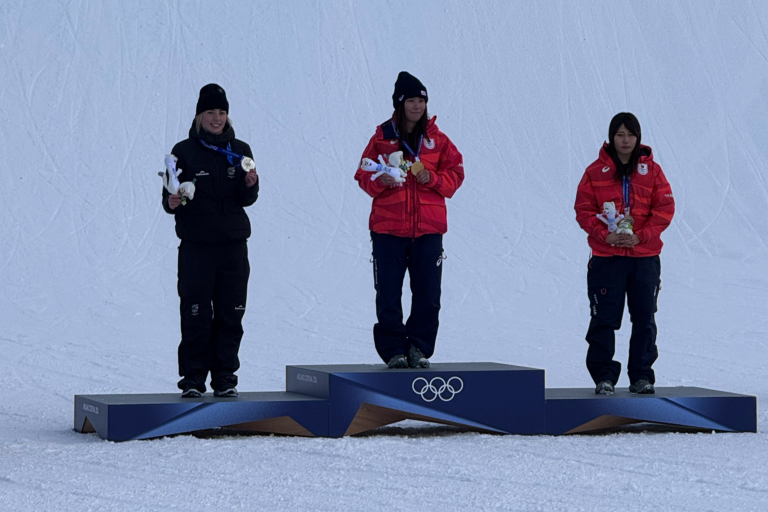
February 18, 2026
Judging, Speed, and Plenty of Issues – Olympic Slopestyle 2026 Recap
An Olympic recap with a little help from AI, since everyone is pushing for more of that in snowboarding.
